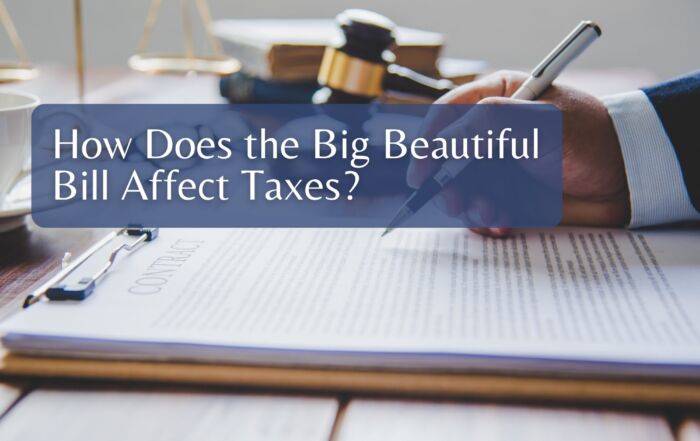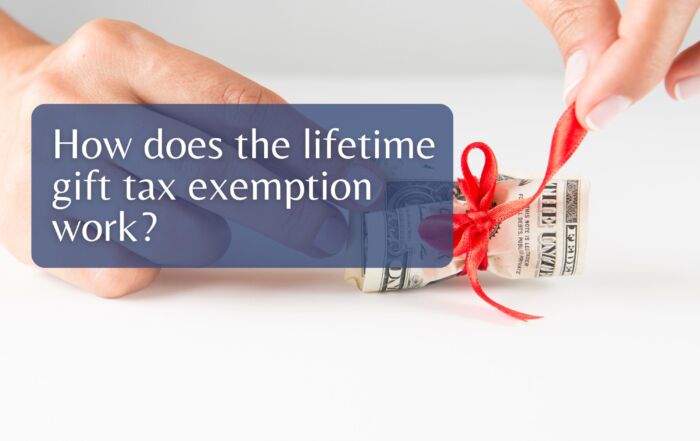
Questions to Ask when Hiring a CPA
When hiring a CPA to prepare your tax returns, it is important to determine if he or she is equipped for your particular needs. Many people think a CPA understands all aspects of the IRS code. This is an unrealistic assumption. For example, if the CPA does mostly employee tax returns and works with few business owners, they may not fully understand business tax code. When interviewing a new CPA is it important to ask a few thoughtful and considered questions.
What experience do you have in my industry?
There are various designations throughout the industry like Enrolled Agent (EA), accountant or tax preparer, but you should look for a CPA or Certified Public Accountant. Not only are they held to a higher standard, but they must also pass multiple exams. Once you have found a CPA, you should discuss with them what their typical client is like and what areas they specialize in. If they only file personal W-2s, then they may not be a good fit for a small business owner or corporate client. Other niches may include things like farmers, family businesses, or clients that have incomes in various states or even other countries. Discussing your particular needs before hiring a CPA can give you a good idea as to how well versed they are for your situation. Annual reviews are also important because your needs as a client may become more complex over time and you may need to change CPAs or firms.
How often may I contact you? Will I be charged each time?
CPAs usually charge by the hour so it is important to ask upfront not only about the initial cost of a tax return prep, but also what costs may come up throughout the year for proactive planning and other meetings. You need to know whether or not every time you reach out to them, you’ll see an additional charge tacked onto a final bill the following year.
Will you meet with me prior to my year end close to look for deductions or strategies that I may not know about?
What level of involvement are you looking for? Your CPA might just ask for tax information the following year when filing. But you should look for CPAs who also reach out throughout the year to discuss planning opportunities like various deductions and annual giving. Deciding what type of relationship you want with your CPA is important when selecting which firm to go with and how proactive you want them to be.
What do you and your staff do to stay current with the tax code?
CPAs must maintain annual CE credits. Above and beyond that, though, you should ask if they stay up to date on new techniques and the ever-evolving tax code. Just as your needs as a client may change, so do the tax laws and regulations. Finding a CPA who stays as up to date as possible is a must.
How aggressive to you get in your deductions?
While you want your CPA to help reduce the overall amount of taxes you pay, you should also want to make sure this is done in an ethical way. You want to be sure you are covered in the event you ever get audited. While deductions and planning are essential to reducing an overall tax bill, they need to be accurate and applicable to your particular situation.
Proactive tax planning can be a huge part of your overall financial plan and is much more detailed than just filing annual returns. Whether you are a DIYer or thinking you might need to change CPAs, now is the time to get a second opinion on your tax liability.
Matthews Barnett, CFP®, ChFC®, CLU®
Financial Planning Specialist





